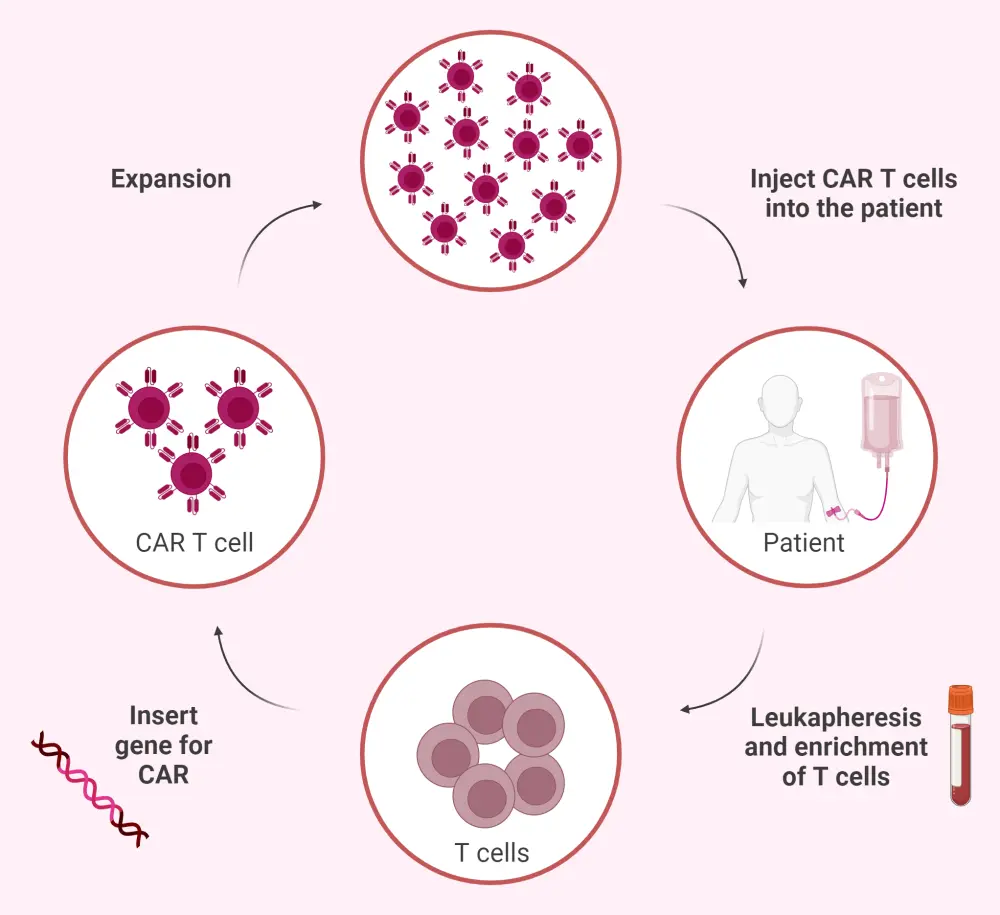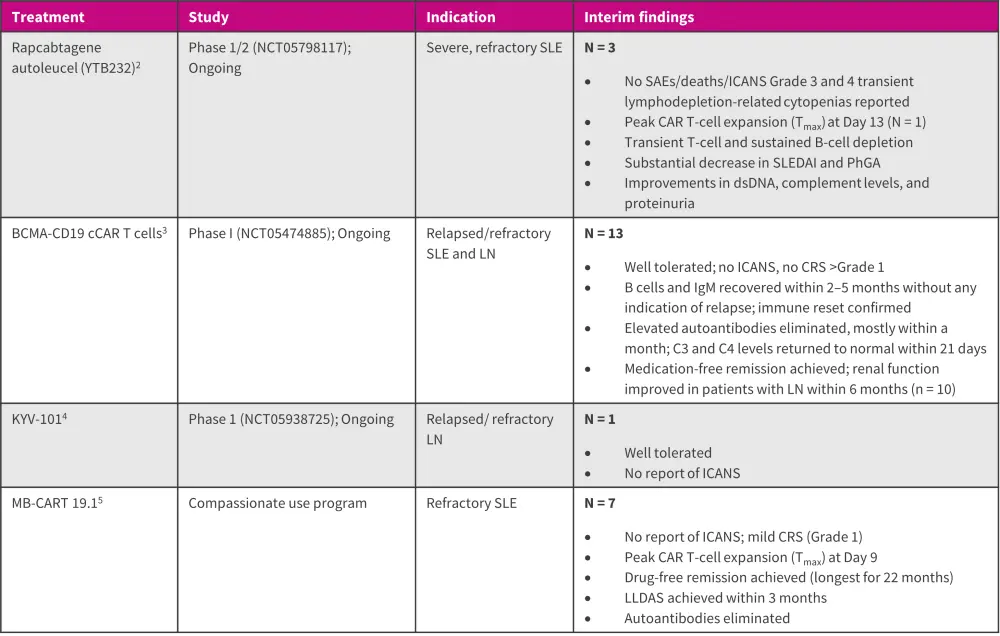All content on this site is intended for healthcare professionals only. By acknowledging this message and accessing the information on this website you are confirming that you are a Healthcare Professional.
The lupus Hub website uses a third-party service provided by Google that dynamically translates web content. Translations are machine generated, so may not be an exact or complete translation, and the lupus Hub cannot guarantee the accuracy of translated content. The lupus and its employees will not be liable for any direct, indirect, or consequential damages (even if foreseeable) resulting from use of the Google Translate feature. For further support with Google Translate, visit Google Translate Help.
The Lupus Hub is an independent medical education platform, supported through a founding grant from AstraZeneca. Funders are allowed no direct influence on our content. The levels of sponsorship listed are reflective of the amount of funding given. View funders.
Now you can support HCPs in making informed decisions for their patients
Your contribution helps us continuously deliver expertly curated content to HCPs worldwide. You will also have the opportunity to make a content suggestion for consideration and receive updates on the impact contributions are making to our content.
Find out more
Create an account and access these new features:
Bookmark content to read later
Select your specific areas of interest
View lupus content recommended for you
Overview of CAR T-cell therapy in the management of systemic lupus erythematosus
Systemic lupus erythematosus (SLE) is characterized by autoreactive B cells producing autoantibodies against self-antigens, with some patients developing severe, refractory SLE (srSLE).1,2 For such cases, chimeric antigen receptor (CAR) T-cell therapy has emerged as a promising novel treatment option.1 The process of CAR T-cell treatment is depicted in Figure 1.
Figure 1. Procedure of CAR T-cell treatment in SLE*

CAR, chimeric antigen receptor; SLE, systemic lupus erythematosus.
*Adapted from Lin, et al.1 Created with BioRender.com
Currently, there is a lack of clinical experience with CAR T-cell therapy in patients with SLE. In Figure 2, we summarize the ongoing clinical trials investigating various CAR T-cell therapies and a case series involving patients with srSLE in a compassionate use program.2-5
Figure 2. Overview of CAR T-cell therapies under investigation for management of SLE*

CAR, chimeric antigen receptor; CRS, cytokine release syndrome; cCAR, compound CAR; ds, double-stranded; ICANS, immune effector-cell associated neurotoxicity; Ig, immunoglobulin; LLDAS, Lupus Low Disease Activity State; LN, lupus nephritis; phGA, Physician Global Assessment; SAE, serious adverse event; SLE, systemic lupus erythematosus; SLEDAI, Systemic Lupus Erythematosus Disease Activity Index.
*Data from Cortés Hernández, et al.2; Yuan, et al.3; PR Newswire.4; Taubmann, et al.5
|
Key learnings |
|
References
Please indicate your level of agreement with the following statements:
The content was clear and easy to understand
The content addressed the learning objectives
The content was relevant to my practice
I will change my clinical practice as a result of this content


